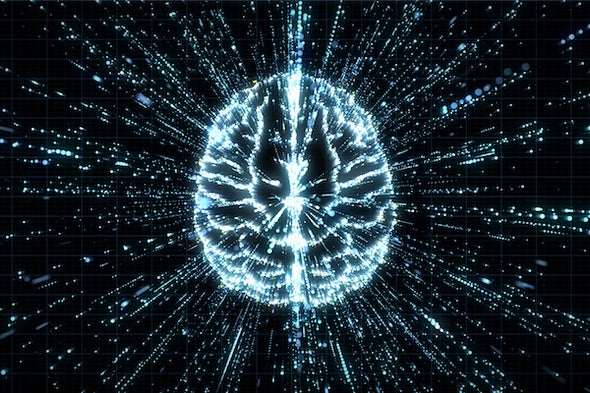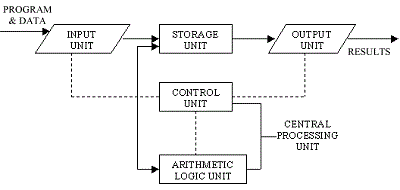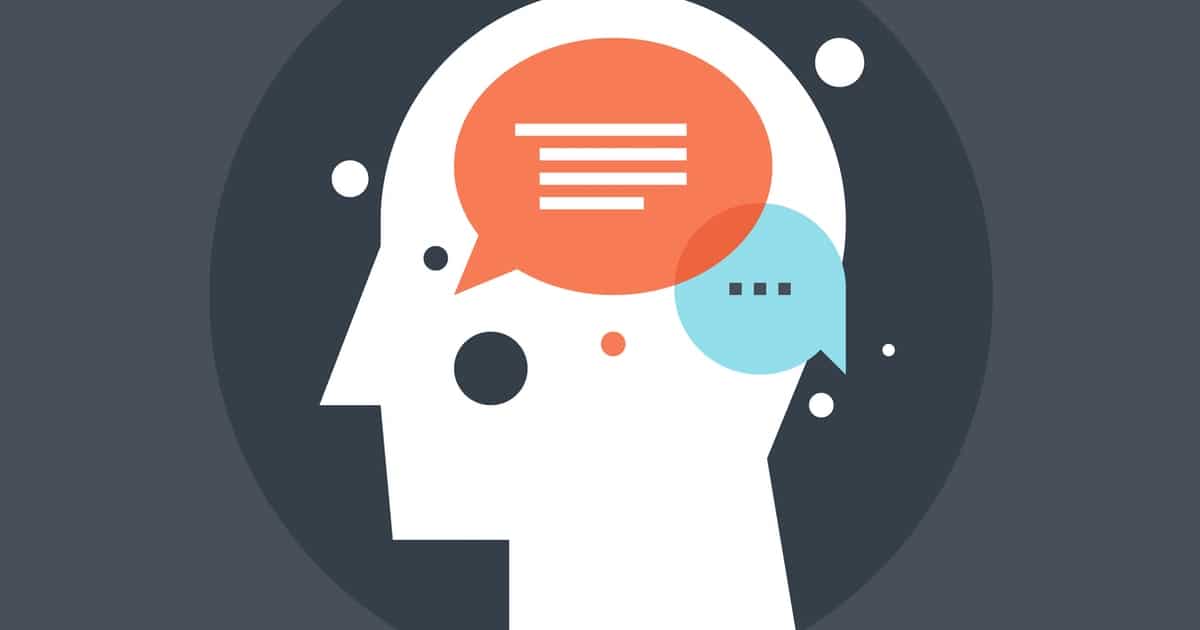 This is another subject that comes up a lot in discussions, most often, I notice, with the non-religious. Often, it is tied to the free will debate and they will claim that we don’t really have free will because neuroscience has shown that decisions are made before the conscious mind is even aware of them.
This is another subject that comes up a lot in discussions, most often, I notice, with the non-religious. Often, it is tied to the free will debate and they will claim that we don’t really have free will because neuroscience has shown that decisions are made before the conscious mind is even aware of them.
Yeah, but you’re just doing reality wrong, sorry!This is nothing new, it’s just become the new “hotness” and people don’t stop to think about what any of this means, they just leap to absurd conclusions and pretend they’ve done anything useful. The problem at hand is that they are going from a poor understanding of the subject matter and when their poor understanding doesn’t seem to line up with the evidence, they simply declare the evidence wrong and continue on from there.
The constant internal monologue that we have going on in our heads, that’s not consciousness. It’s just a window into the internal functioning of our biological brain. A lot of people want to think that we’re somehow special. The religious call it a soul. A lot of people like to think that it’s a part that sits apart from the meat sack in our heads but that’s simply not true. Everything that we are is an emergent property of the physical brain. It doesn’t matter how that might make you feel, it’s still true.
You and your brain are indistinguishable and there’s nothing of you remaining when the brain goes away. The issue comes in when people will take the very small part of the overall operation that they can experience and then declare that minuscule fragment “me!” and ignore all of the rest. They declare that the inner monologue is what consciousness is and pretend the rest of it doesn’t matter and that’s where they get all of it wrong.
 Take this as an analogy. We know how computers work. Simplistically, it’s a series of gates, flipping from off to on and back again billions of times a second. On, off. Off, on. It’s how they perform work. So let’s assume, for the sake of argument, that one of the input/output ports on a computer one day gained sentience. It became aware of the signals being sent its way and started to assume that was the important part of its existence. Sure, it was aware that somewhere, all of that bit flipping was going on but it chose to identify only the signals that it got through this particular port as its consciousness.
Take this as an analogy. We know how computers work. Simplistically, it’s a series of gates, flipping from off to on and back again billions of times a second. On, off. Off, on. It’s how they perform work. So let’s assume, for the sake of argument, that one of the input/output ports on a computer one day gained sentience. It became aware of the signals being sent its way and started to assume that was the important part of its existence. Sure, it was aware that somewhere, all of that bit flipping was going on but it chose to identify only the signals that it got through this particular port as its consciousness.
The problem is, it’s an incomplete picture of what’s really happening. Neither we, nor the computer, are simply made up of consciousness (the parts we’re directly aware of) and subconsciousness (everything else we cannot directly access). It’s all a process. All of the hard work is going on behind the scenes where it isn’t visible to our supposedly conscious minds but that doesn’t mean it isn’t happening. It’s like driving a modern car. My wife’s car broke down a couple of days ago and the repair shop thought that the central computer had burned itself out. Without the computer, nothing else works and all the sitting in the driver’s seat and pushing the pedals in the world, it won’t make the car run again. Luckily, it turned out to be a burned out fuse and bad diagnostic equipment, but you get my meaning.
Where I think a lot of people are having problems is they are misunderstanding what they actually are. They are so used to thinking of themselves as that inner monologue, like the computer thought of itself as that I/O port, that they don’t stop to consider what if they’re wrong? Maybe the real picture goes much deeper? Maybe what you think of as consciousness is part of a much larger and more complex mechanism?
 Yet far too many people, because they have an emotional attachment to the idea that the inner monologue represents everything that they are, they lack the capacity to step back and ask themselves if they have it right. Yes, we know that decisions are made a few milliseconds before we are “consciously” aware of them. That doesn’t do away with free will. It just does away with the clearly inaccurate assumption that our consciousness is what we are immediately aware of. It doesn’t mean that free will immediately evaporates, it means that we need to rethink what we’ve been conditioned to think consciousness and conscious decisions are. Maybe our inner monologue is really like the self-aware computer, sitting out at the end of its I/O port, seeing the things that the rest of the computer is sending its way and feeling smugly superior that it’s really in charge.
Yet far too many people, because they have an emotional attachment to the idea that the inner monologue represents everything that they are, they lack the capacity to step back and ask themselves if they have it right. Yes, we know that decisions are made a few milliseconds before we are “consciously” aware of them. That doesn’t do away with free will. It just does away with the clearly inaccurate assumption that our consciousness is what we are immediately aware of. It doesn’t mean that free will immediately evaporates, it means that we need to rethink what we’ve been conditioned to think consciousness and conscious decisions are. Maybe our inner monologue is really like the self-aware computer, sitting out at the end of its I/O port, seeing the things that the rest of the computer is sending its way and feeling smugly superior that it’s really in charge.
There’s an awful lot of that in humanity. When science learns more, the idea is to go back and re-evaluate the things that we’ve previously thought were true to see if it stands up in light of the new information. Far too many people seem unwilling to put that to the test. Instead, they just make sweeping pronouncements that we don’t have free will because the position they hold doesn’t allow for it. Well maybe the position you hold is simply wrong? Did you ever think of that?
Yeah, it’s sad how many people refuse to think, isn’t it? Maybe that needs to change.